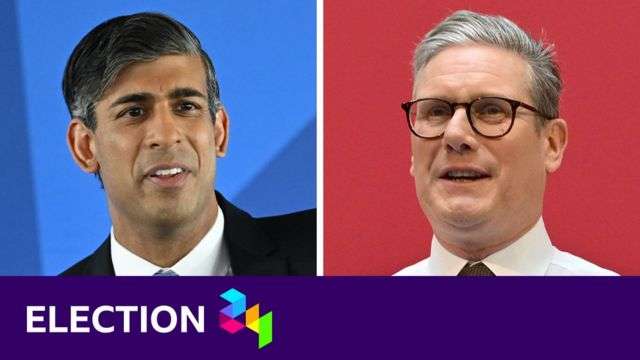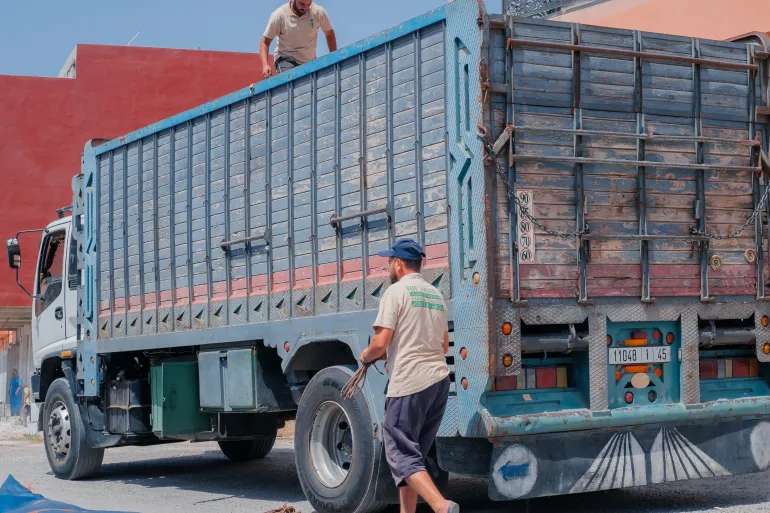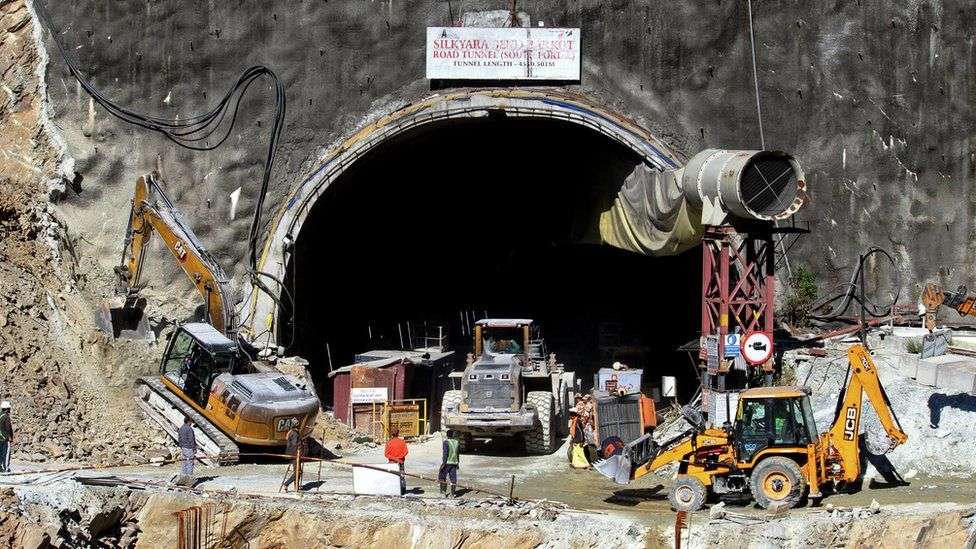Millions of people across the UK are readying themselves to vote in Thursday's general election, as Prime Minister Rishi Sunak battles to keep opposition leader Sir Keir Starmer out of 10 Downing Street.
Mr Sunak's Conservatives and Sir Keir's Labour Party have spent the final days of the campaign reinforcing their key messages in a bid to win over wavering voters.
Faced by poll after poll indicating a sizeable lead for Labour, the Conservatives are warning voters against allowing their rivals a huge majority – with one minister conceding that he expects a landslide. They also face a threat from right-wing party Reform UK, buoyed by the return to front-line politics of Nigel Farage.
But after four election defeats in a row and 14 years in opposition, Sir Keir's party says it is taking nothing for granted.
Although themes such as living standards, health and immigration have dominated the national debate, smaller parties such as the Liberal Democrats and the Green Party of England and Wales have pushed their own priorities as well.
Here is everything you need to know as the country heads to the polls, with 650 seats in the House of Commons up for grabs.
Starmer vows change as Sunak promises tax cuts
Mindful that it has not won a general election since 2005 – and that its last result in 2019 under left-wing former leader Jeremy Corbyn was its worst for almost a century – Labour under Sir Keir has sought to show voters it has changed.
Sir Keir says the top priority for his government would be to grow the economy and through this improve living standards for the general population.
UK household finances have taken a hit in recent years due to soaring inflation, experienced globally, and the highest tax burden in decades. However, Conservatives say this is a consequence of issues outside of their control, such as the Covid-19 pandemic and the war in Ukraine. They also claim the tax burden would worsen under Labour.
One of Labour's most-discussed plans to raise money involves applying value-added tax (VAT) to private schools.
Mr Sunak, who took office in October 2022, has proposed tax cuts for the self-employed and a return to an era of mandatory national service for young people.
Like Labour, he is also promising to boost home ownership.
Mr Sunak is reiterating his aim of sending some asylum seekers to Rwanda in a bid to curb illegal migration - a pre-existing plan that has been mired in years of legal difficulties before it was approved by Parliament in April.








